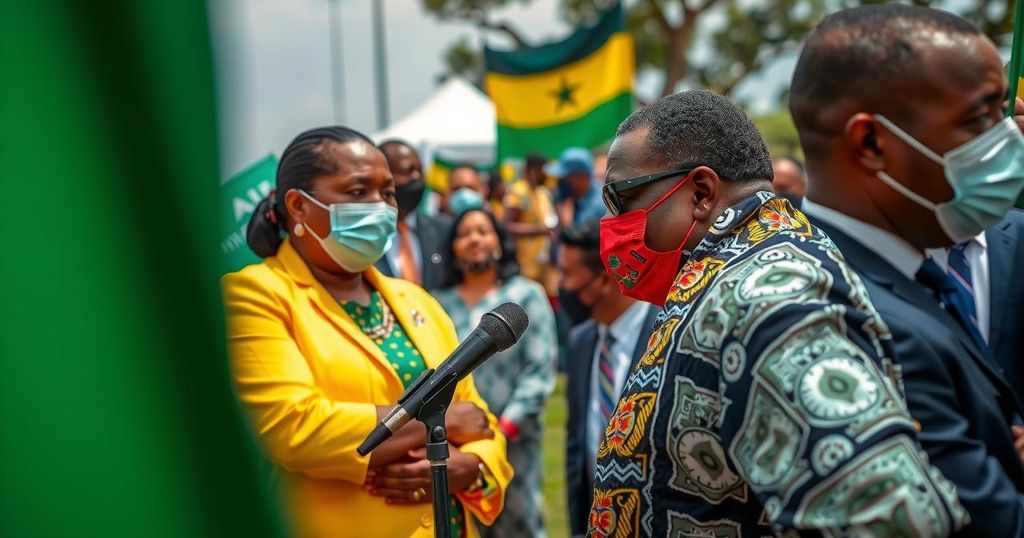The cost of elections in Ghana has risen to alarming levels, with the 2024 electoral budget set at around GH 786.9 million ($52 million), and the estimated cost to win the presidency surpassing GH 1.5 billion ($100 million). This trend raises concerns about corruption and the influence of illicit funding in the electoral process, necessitating urgent reforms in campaign financing regulations.
The cost of conducting elections in Ghana has escalated significantly, raising concerns about the implications for democracy and governance in the country. The Electoral Commission of Ghana projected expenditures of approximately GH 786.9 million ($52 million) for the 2024 elections, an increase from the previous budget. This spending includes nearly GH 365 million ($25 million) for voter registration and GH 323 million ($22 million) for conducting the elections. Additionally, political analysts assert that the expense required for a presidential campaign in Ghana can exceed GH 1.5 billion ($100 million), indicating a worrying trend toward corruption and reliance on illicit funding sources.
Moreover, the lack of stringent regulations regarding campaign financing exacerbates these issues. Ghana’s political parties act permits local contributions but lacks clear regulations governing foreign contributions, leading to potential abuses. Consequently, aspiring political candidates often find themselves compelled to secure substantial funds from dubious sources to sponsor their campaigns and repay these investments post-election, perpetuating a cycle of corruption. Without meaningful reforms, the financial burdens of running for office may impede equitable participation in Ghana’s democratic processes.
The growing financial demands of political campaigning in Ghana reflect broader trends across African democracies, where election financing has become a focal point of concern. Studies indicate that a significant portion of campaign funding may originate from illegal or corrupt activities, undermining the integrity of electoral processes. Previous election spending patterns illustrate escalating budgets, making electoral success increasingly dependent on financial capability rather than merit or public support. In this context, political observers highlight the urgent need for reforms to establish transparency and accountability, ensuring fair electoral competition.
The financial implications of electoral campaigns in Ghana present serious challenges to the democratic landscape. With projected expenditures soaring, the relationship between election financing and corruption is increasingly evident. The call for policy reform and greater regulation in campaign financing is critical to safeguard the electoral process and enhance the accountability of political candidates. Failure to address these challenges may lead to deepening corruption and disillusionment within the electorate.
Original Source: www.bbc.com






